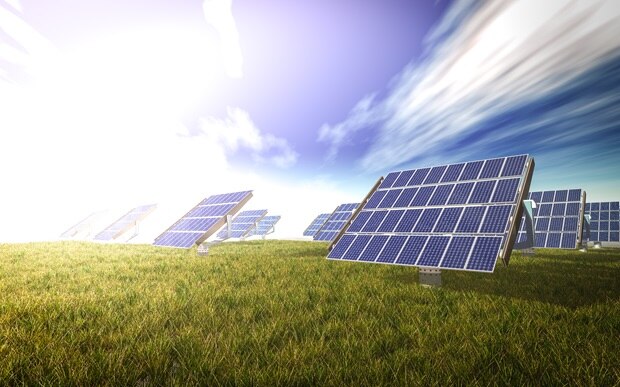African Trade & Investment Development Insurance (ATIDI) will be supporting the 20 MW Ituka West Nile Uganda Ltd solar project developed by AMEA Power, a Dubai-based Independent Power Producer (IPP).
As per the statement, ATIDI will support the project via its Regional Liquidity Support Facility (RLSF) by providing payment guarantees for the benefit of the project on behalf of the Ugandan national power utility, Uganda Electricity Transmission Company Limited (UETCL).
The MoU was signed during the 28th Conference of the Parties to the UN Framework Convention on Climate Change (COP28) in Dubai.
Commenting on the deal ATIDI CEO Manuel Moses said, “At ATIDI, we believe in fostering sustainable development, and one crucial avenue is supporting IPPs who propel diversification of Africa’s energy mix. Over the past years, Uganda has demonstrated remarkable strides in its energy sector, and we are proud to play a role in this transformative journey. Our recent collaboration with IPPs in Uganda is not just about power generation, it’s about empowering communities, driving economic growth, and fostering a sustainable future”.
AMEA Power Senior Director for Project Development Aqueel Bohra said investing in renewable energy in Uganda was part of the company’s pledge to deliver sustainable energy to all.
“We thank ATIDI for their support, which is crucial for the success of the project. Our solar project will not only help provide essential power to homes and industries but will also drive economic growth, creating jobs, and safeguarding the environment.”
It may be noted that Uganda has made positive progress in increasing the electricity access rates, with annualised increases of 3% between 2010 and 2020. As per reports, the electricity access rate currently stands at 42%, which is a notable improvement from the national access rate of only 12% in 2010.
The national installed capacity stands at 1,346 MW, with the bulk of this being from hydro powered projects, leaving the country vulnerable to the negative impacts of climate change in the event of any prolonged drought that would result in poor electricity generation.
For the Middle East, the African continent offers Gulf countries the ability to establish themselves as renewable energy market leaders, providing technical expertise and generating returns on investment.
The African Development Bank estimates the continent’s solar capacity potential to be as high as 10 TW, hydroelectric potential to be 350 GW. As of 2022, total installed renewable capacity on the continent was just ~ 59 GW.
It should be noted that African Energy (IAE) forum will be taking place in Paris on May 14–15, 2024, where untapped potential will be explored.
Furthermore, last September, the UAE’s AMEA Power announced plans to construct a 1 GW green hydrogen project in Mombasa, Kenya, utilizing electricity generated from existing geothermal plants.


